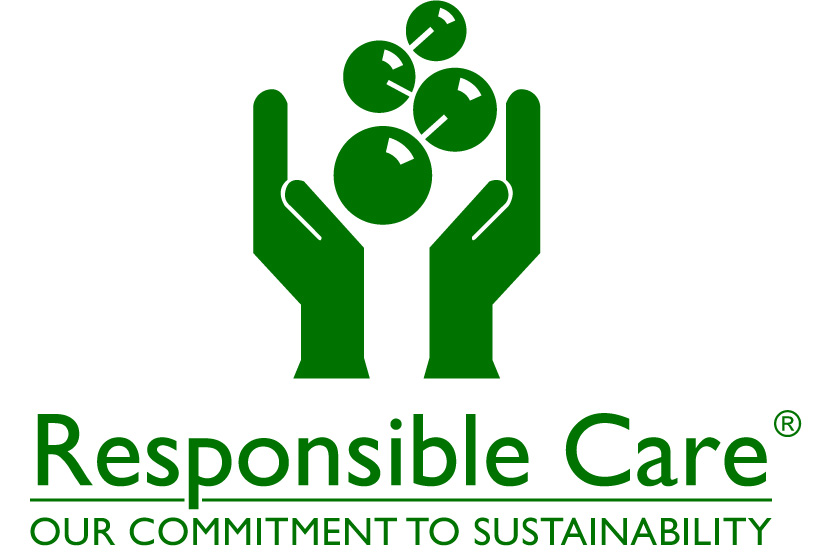Soluble silicate glasses, powders and liquids are among the largest volume synthetic chemicals produced in Western Europe. They also represent one of the oldest anthropogenic classes of chemicals; there are strong indications that sodium silicates were produced by ancient Egyptians more than 5000 years ago by melting mixtures of quartz sand and naturally occurring sodium carbonate.
Although a number of workers identified and isolated various types of soluble silicates in the 17th and 18th centuries, it is to Johann von Fuchs in Munich that the modern alkaline silicate industry owes its origins. His work in the 1820’s paved the way for a number of companies to begin commercial manufacture of silicates in the both Europe and North America in the 1850’s. Von Fuchs was also the first person to use the term "water glass" or "wasserglas", which is still in widespread use today.
The unique combination of chemical and physical properties of soluble silicates places them among the most versatile and widely used of inorganic chemicals. Silicates and there derivatives are essential to many industry sectors including:
- detergents
- water and waste water treatment
- mineral ore flotation
- adhesives and binders
- cement manufacture
- welding electrodes
- ceramics
- pulp and paper manufacture
- textile processing
- soil grouting
- raw material feedstock for chemical manufacture
- paints
Soluble silicates and their derivatives have become a fundamental and essential part of everyday, modern life.


